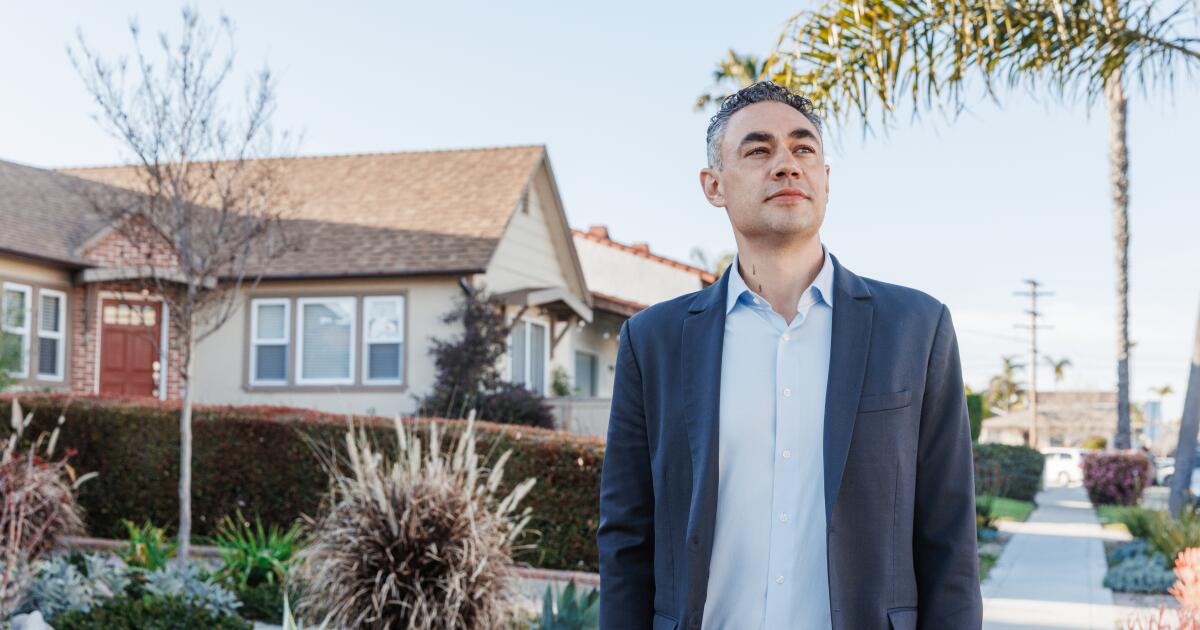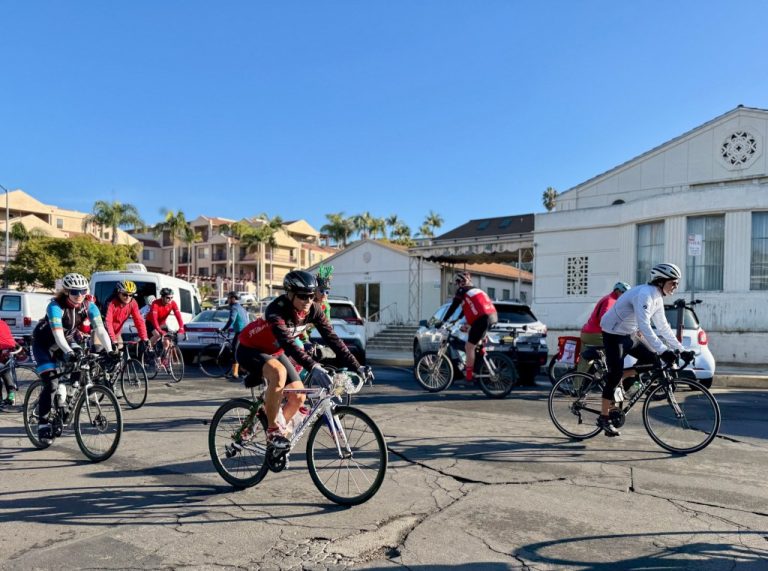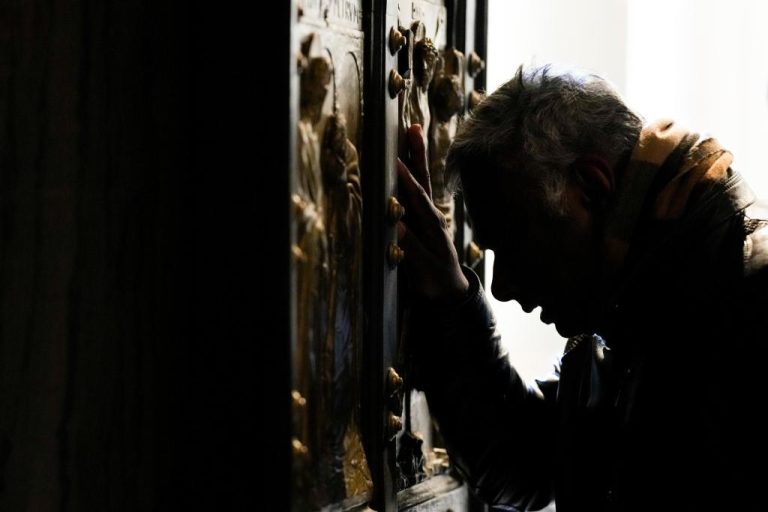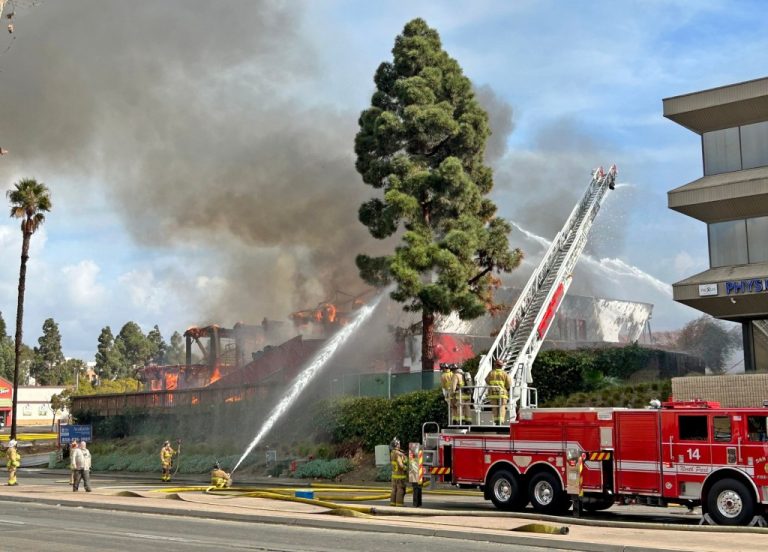
Sean Elo-Rivera, the president of the San Diego City Council, is seeking a second term representing District 9.
To help inform voters, the San Diego Union-Tribune asked all the candidates a series of the same questions about their priorities, positions and campaigns. Their emailed answers have been lightly edited for clarity.
Why are you running, and what makes you the best candidate?
I am running for reelection because my work with the community is not done. I am the best candidate because I have proven to be an effective leader who fights to transform community ideals into legislative results.
I advanced housing stability by leading on and passing the Tenant Protection Ordinance and spearheading the creation of the Housing Instability Prevention Fund. I have been the most consistent supporter of policy that expands housing opportunity while demanding more inclusive development. The council’s pro-housing stances are one reason why rents have declined five months in a row, according to the San Diego Union-Tribune.
I also stayed true to my commitment to prioritize racial justice, have challenged continued policing inequities and addressed the glaring inequities of the so-called People’s Ordinance. I have never cowered from our city’s biggest issues, and I will continue to make meaningful, significant change in my second term.
What are the top 3 issues facing this district and the city generally?
The three biggest issues facing the city are housing affordability and homelessness, our structural infrastructure deficit and, now, the crisis that persists and the years of work that lie ahead following the flood disaster that struck on Jan. 22.
What are the first 3 things you would do in office if reelected?
Flood disaster work will be a top priority until the people and communities impacted are taken care of. I will continue to focus on homelessness prevention, as demonstrated by our office’s recent amendment to the Tenant Protection Ordinance to ensure it complies with state law. I also will lead on a street safety policy project that aims to advance safety and livability in our local communities.
Do you support a 1-cent city sales tax increase? Why or why not?
Yes, because we must invest in the kind of city we want to be. For years, independent analyses and audits have told city officials the same thing when it comes to paying for the work our residents want us to do — while there is some room for improved efficiencies, we simply cannot deliver desired service levels or necessary infrastructure maintenance and upgrades without more revenue. I refuse to be yet another San Diego leader who ignores the math.
What should the city do to combat its housing crisis? Do you support the city’s controversial Complete Communities developer incentive program?
I did support it, and what we need to do is continue to build housing. We are at a massive supply deficit, and San Diego simply needs more homes at all levels of affordability. Complete Communities helps produce those homes.
But we must get away from relying entirely on the private sector to provide our housing needs. We need a public option, which is why I’ve been advocating for social housing pilot programs and have successfully inserted this into the city’s, MTS’s and SANDAG’s legislative agenda. Bringing such a pilot to life in San Diego will be a focus of mine in a second term.
How should public safety and civil liberties be balanced when it comes to homelessness enforcement, behavioral health policy and police surveillance?
All San Diegans deserve to feel and be safe. What one person wants or needs to feel safe may be different from the next person.
I believe this nuance was lost in the recent debates around the city’s encampment ban and TRUST (surveillance technology) ordinances. I voted against both for several reasons, including the way in each case we were ignoring the recommendations of experts.
Rarely have criminalization and surveillance led to the social outcomes we all desire, and we must strike a better balance and be more comfortable having challenging conversations if we are to create the safety all people deserve.
Recent flooding has brought new attention to failures of city infrastructure, and how the effects of climate change can disproportionately impact poorer neighborhoods and communities of color. How should the city combat this? And do you support raising the city’s stormwater fee or a similar tax?
The Jan. 22 disaster changed San Diego forever. The decision for San Diegans is if the change will make us better.
We must invest in climate resiliency in our neglected communities. Such investments require new dedicated revenue, which is why I proposed a measure that is gaining support from impacted communities and environmental advocates.
But don’t take it from me. Take it from the independent city auditor, who wrote this: “While SWD (the Stormwater Department) can cut costs by improving maintenance efficiency … the current gap between SWD’s revenues and funding needs is so large that it cannot be closed through efficiencies alone.”
The city faces a big budget crunch, along with a nearly $5 billion infrastructure funding shortfall. What services should be cut, where should more revenue be sought, and what else should the city do?
Ultimately, we, as San Diegans, need to invest in the city so that it can provide the public services residents deserve. For too long, city officials hid the true cost of running a big city, neglecting essential services like stormwater and basic maintenance of assets such as fire stations and city hall.
We must be honest with residents and voters. While there is room for efficiencies, such as tighter management of police overtime and better controls on the creation of new programs, we remain starved for revenue. It costs money to provide public services, and we must invest in them.






